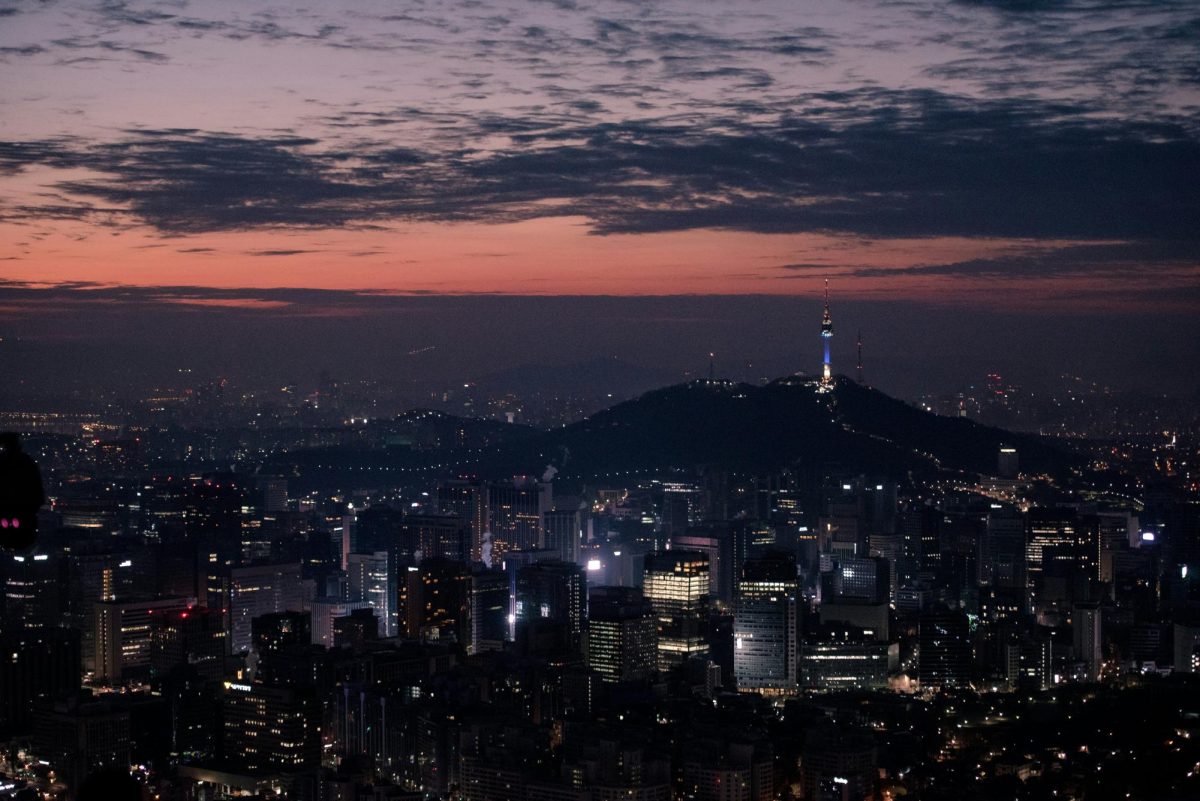
In the last few years, Netflix has evolved from a fledgling movie rental service into a video streaming Goliath that has single handedly changed the film industry. They boast an impressive number of streaming subscribers and are now funneling millions of dollars into the production of original content. Both “Okja” and “The Meyerowitz Chronicles” have proven to be good additions to their Oscar bid, but “Mudbound” has solidified Netflix as a serious contender.
“Mudbound” is a story about prejudice and blood. Preconceptions handed down by ancestors and hatred that flows like the rain of the Mississippi Delta. It does not possess the loud and gory ambitions of “Django Unchained” or the haunting yet beautiful images of “12 Years a Slave,” but is a strikingly somber portrait of our country that can still be felt today.
Based on Hillary Jordan’s 2008 novel of the same name, “Mudbound” projects a tragic image of the racial tension in post-World War II Mississippi. It is a woeful tale of two families, one Black and the other white, living side-by-side on the same plot of land as they struggle to compete with the unforgiving Earth beneath them.
The families that we follow are the McAllans and the Jacksons, who are white and Black respectively. Henry McAllan (Jason Clarke) is an ambitious, yet insecure man who prides himself on his status. Upon moving to rural Mississippi, Henry is swindled by a man who sells him a piece of land that he does not own. Taunts from his father Pappy (Jonathan Banks) are excruciating and emasculate him as he scrambles to find proper footing for his family.
Forced to move into a shack in an area designated for the (typically Black) lower class – something he believes himself to be above – Henry and his wife Laura (Carey Mulligan) brave the rain and the mud in order to grow their crop.
Laura, raised a city girl, finds this new setting both frightening and peculiar. As Henry tends the land and goes into town for supplies, she is tasked with raising their two daughters alone. At first, Laura is content with her wifely duties and tending the commands of her husband; but, through some experiences with the Jacksons, she begins to challenge that traditional dichotomy.
Leasing a portion of the land owned by the McAllens, pastor Hap Jackson (Rob Morgan) and his family must navigate the tense racial atmosphere of the South and grow cotton in the stubborn Mississippi climate. Hap, a stern and pious man, keeps his distance from the McAllens and is eager to maintain his independence.
One day, he will save up enough money to purchase his own plot of land for his wife Florence (Mary J. Blige, in a surprising turn) and their kids. Their eldest son Ronsel (Jason Mitchell) is anxious to leave the farm behind, and finally gets his shot following the United States’ entrance into the war.
Jamie McAllen (Garrett Hedlund), an all-around better version of his older brother Henry, also heads off to fight the Nazis. Upon his return, Jamie is haunted by his combat experience and, burdened by devastating PTSD, feels isolated from his family.
A war hero himself, Ronsel returns from his role as a liberator and is met with the same racist country he had left. As brothers-in-arms, this unlikely duo finds solace in their budding friendship. Of course, their companionship doesn’t sit well with their fellow countrymen, and it lays the foundation for tragedy.
Director Dee Rees (“Pariah”) and cinematographer Rachel Morrison (“Fruitvale Station”) create a striking image of the post-war South. Capturing the gorgeous, bleak countryside of Mississippi in all of its beauty, Morrison pulls together such powerful imagery that it often threatens to consume the characters. Rees demonstrates an artful control over the camera and the ensemble cast she commands. The familial relationships, set against the melancholy skies and treacherous muds of Mississippi, are portrayed in a succession of beautiful scenes. From battered and fiery shots of war to the haunting (yet not exploitative) portrayal of the Klu Klux Klan.
While the McAllens’ attempts to establish themselves as competent farmers and the yearning of the Jacksons to free themselves from their lease are important to frame the story, the pivotal relationship is that of Ronsel and Jamie.
After his time spent abroad, during which he was unbound from the shackles of racism, Ronsel is no longer willing to sit idle as his freedom is trampled. Jamie appears to be willing to move past the prejudice he was handed as a boy, and quickly grows fond of Ronsel during their many boozing sessions. A friendship that is doomed from the start, the tension mounts over the course of the film.
“You might be one of the good ones,” Ronsel asserts while reminiscing about the war with Jamie. Their relationship is a vessel to understand how perception is often our greatest enemy. Our perception of people, be it people of another race or gender, creates an image within our mind that dictates how we interact with our world. These preconceived notions of our neighbor is how the past controls us. The world that Rees reconstructs on the big screen is all too reflective of our current circumstances.
Daniel Monahan can be contacted at [email protected].


















